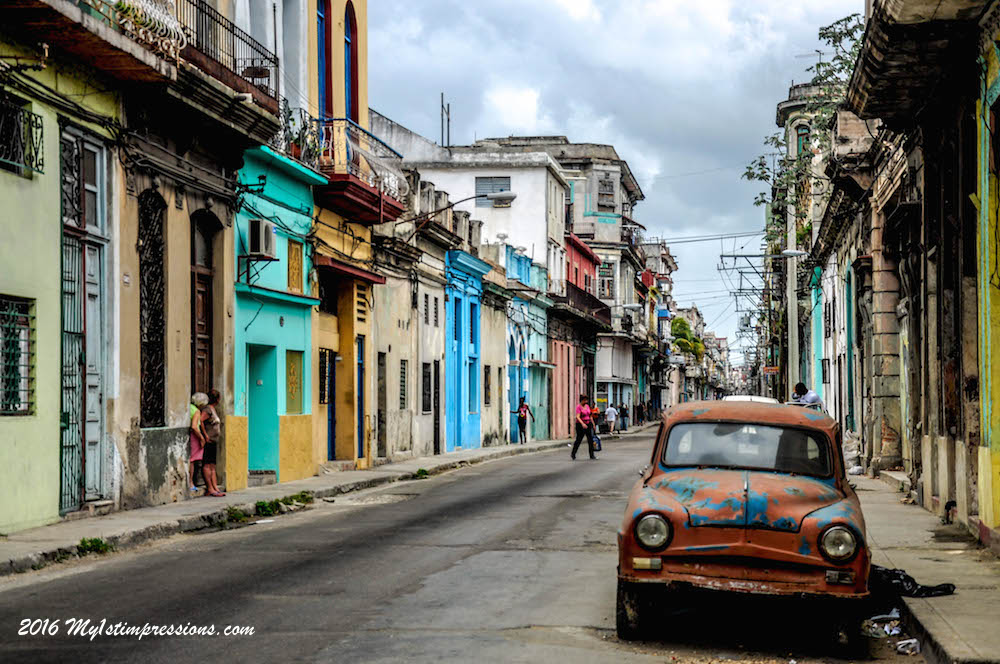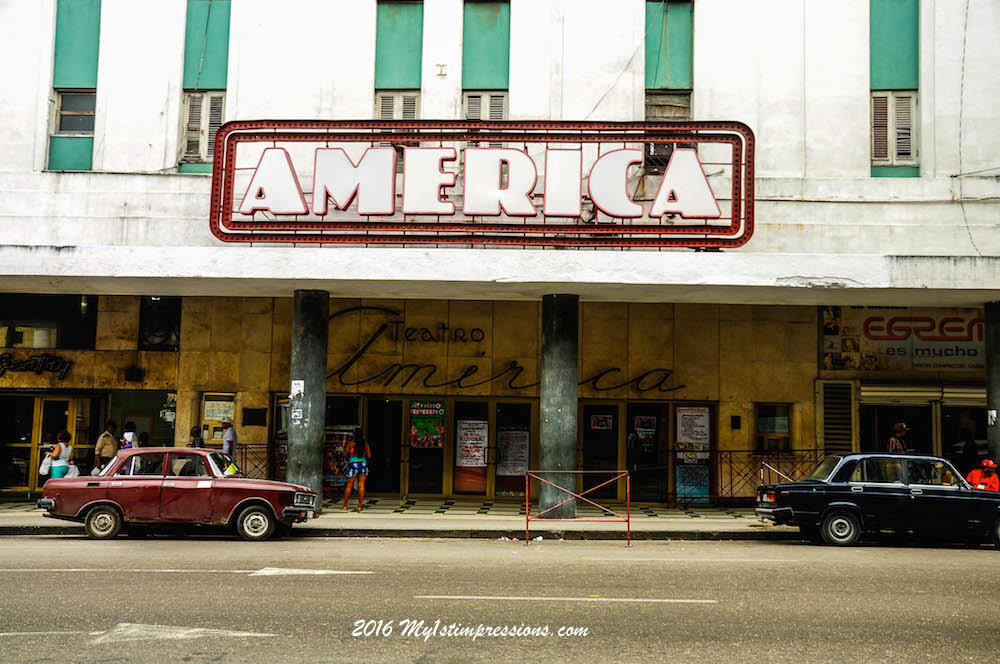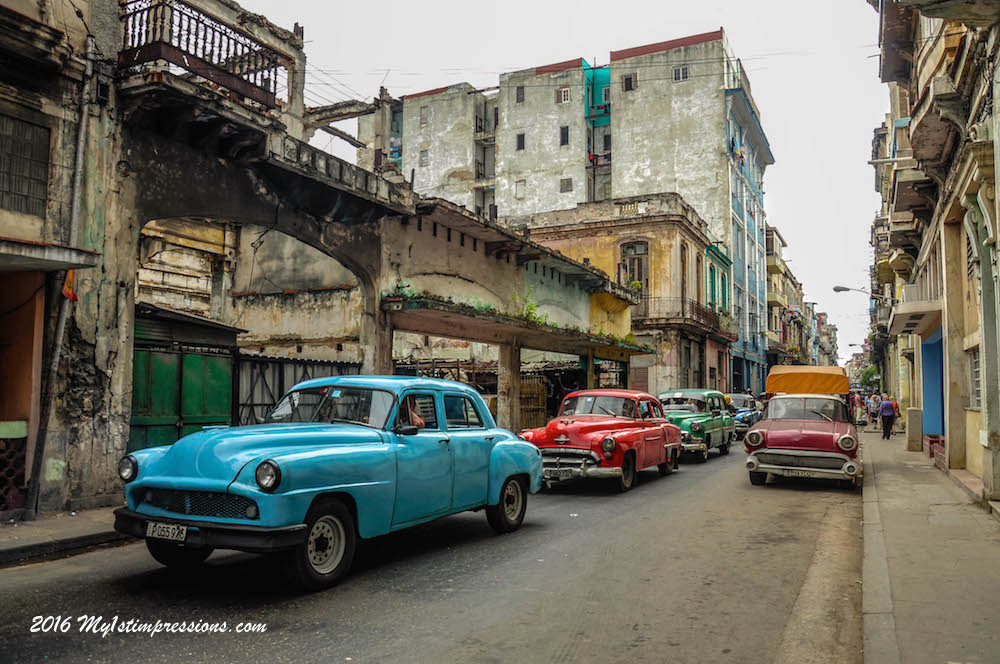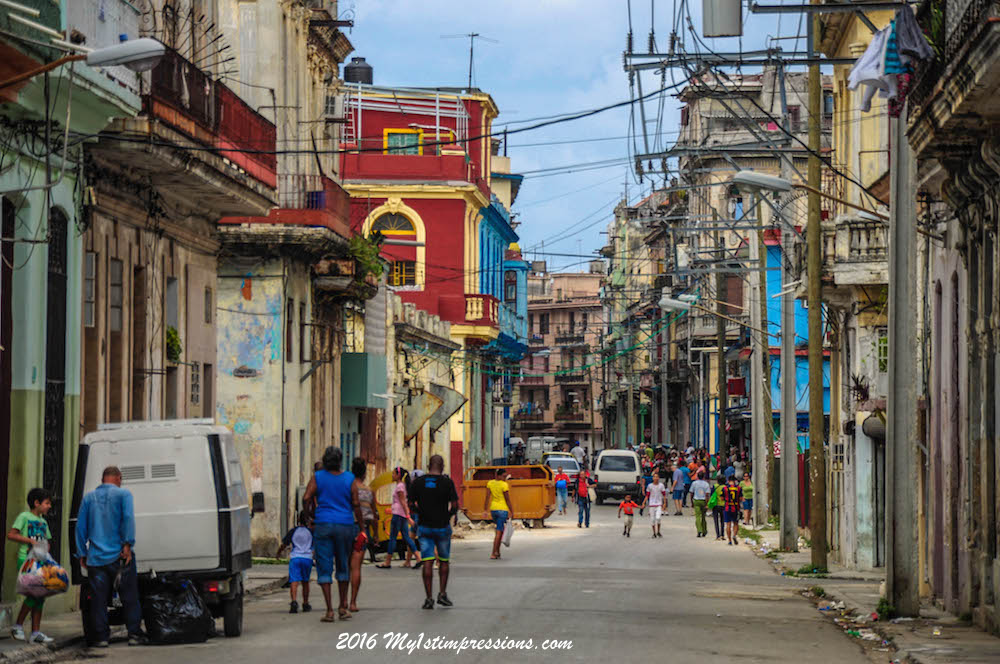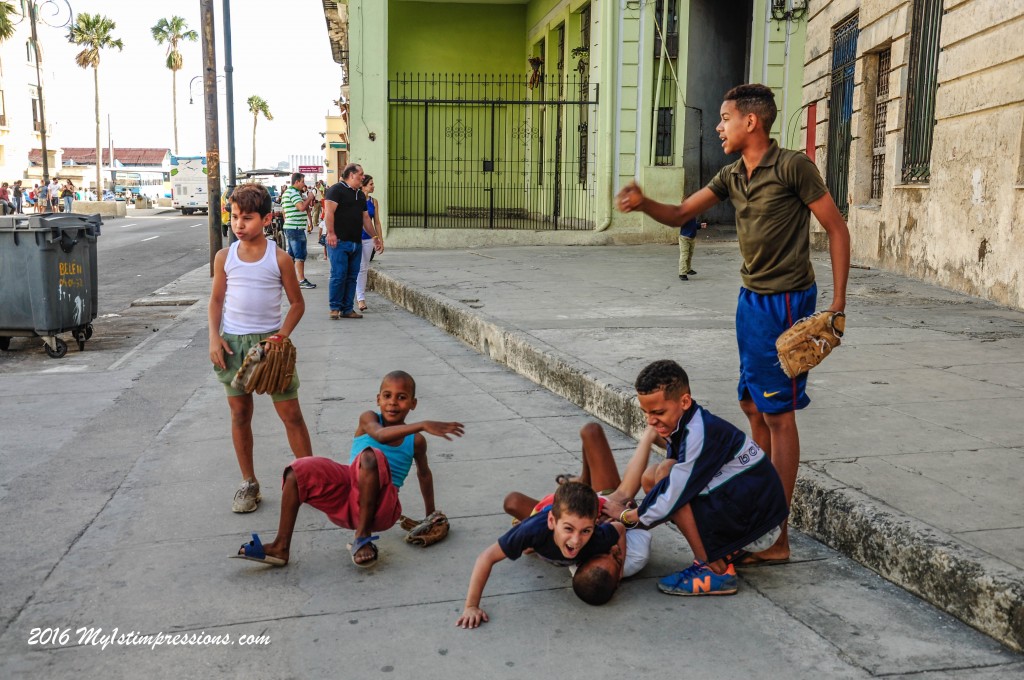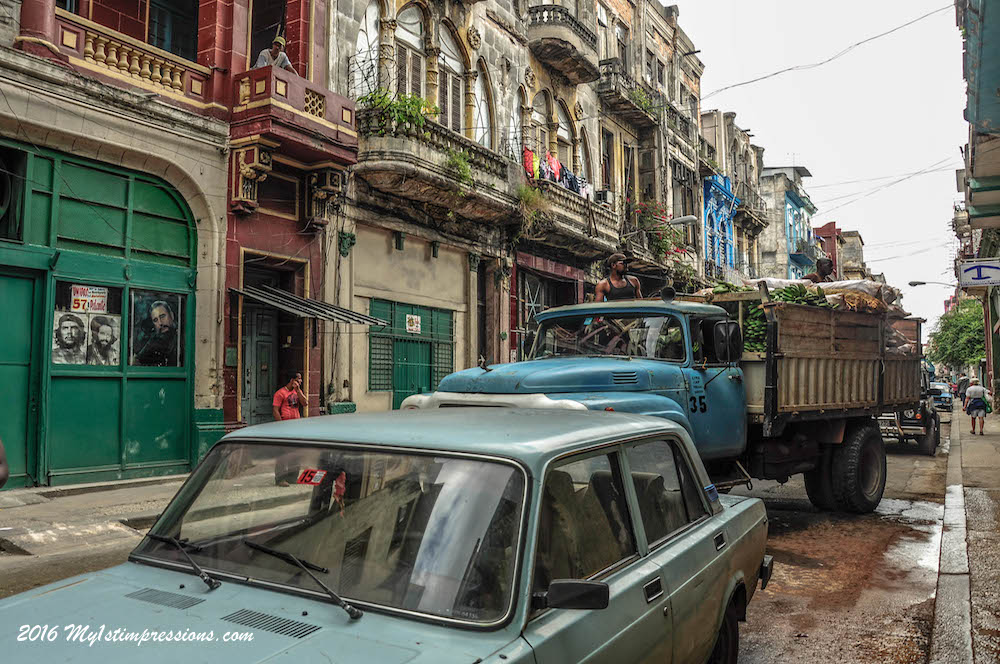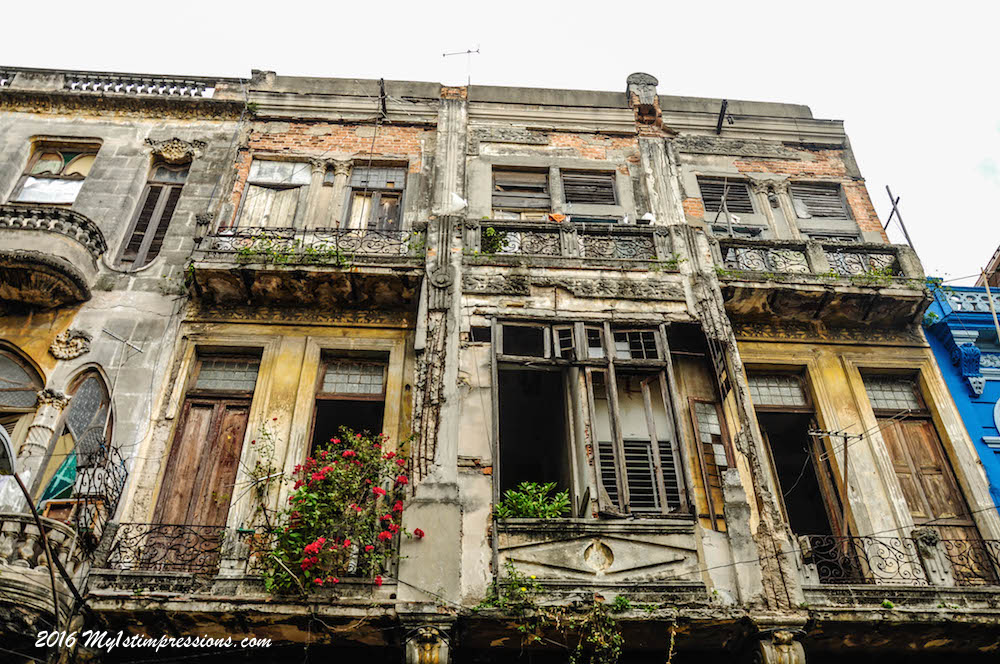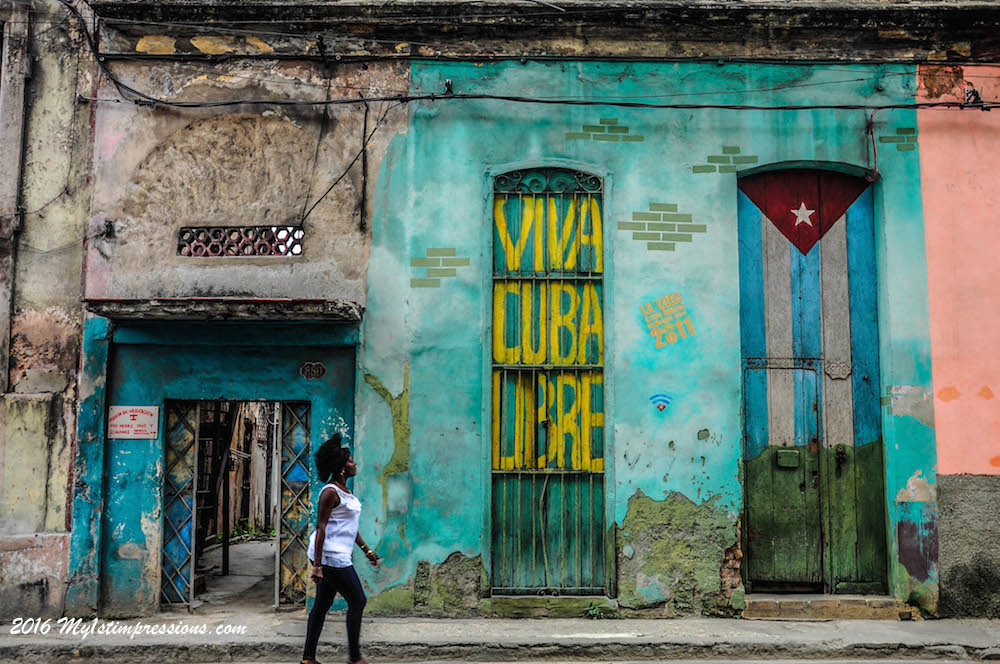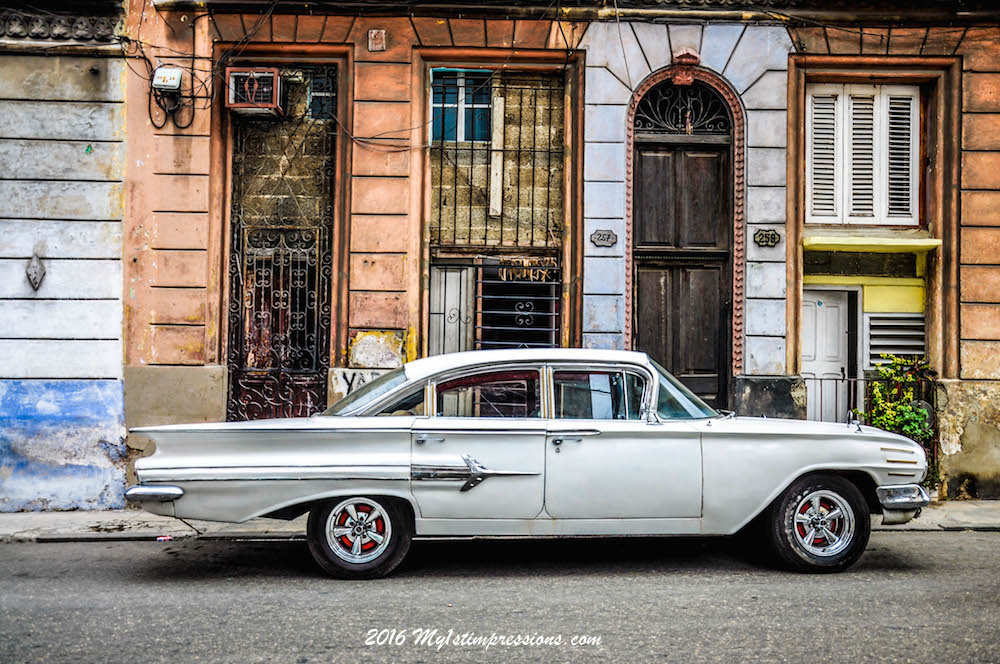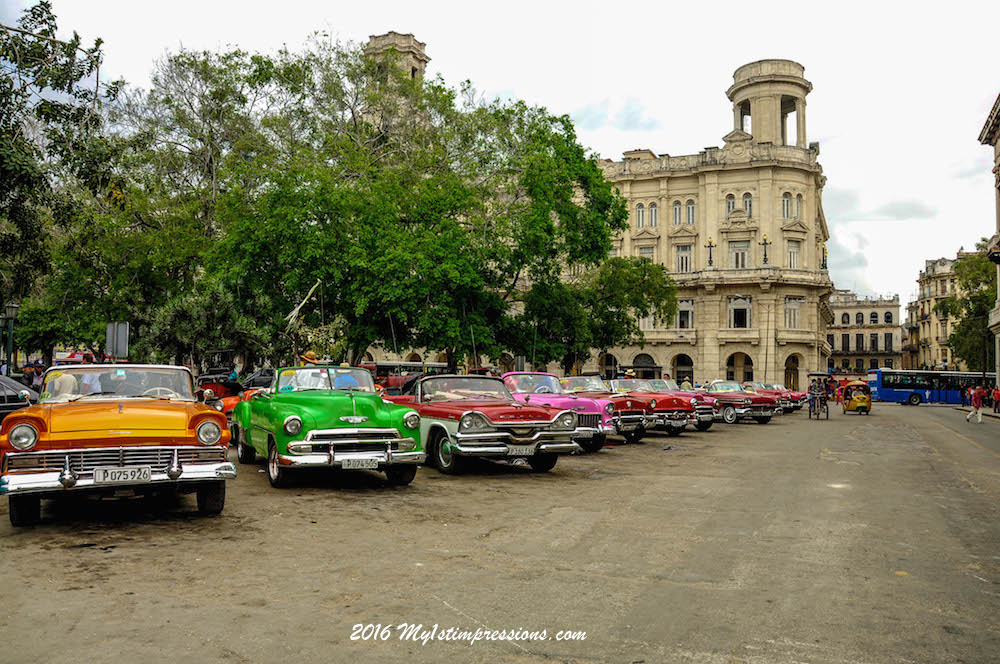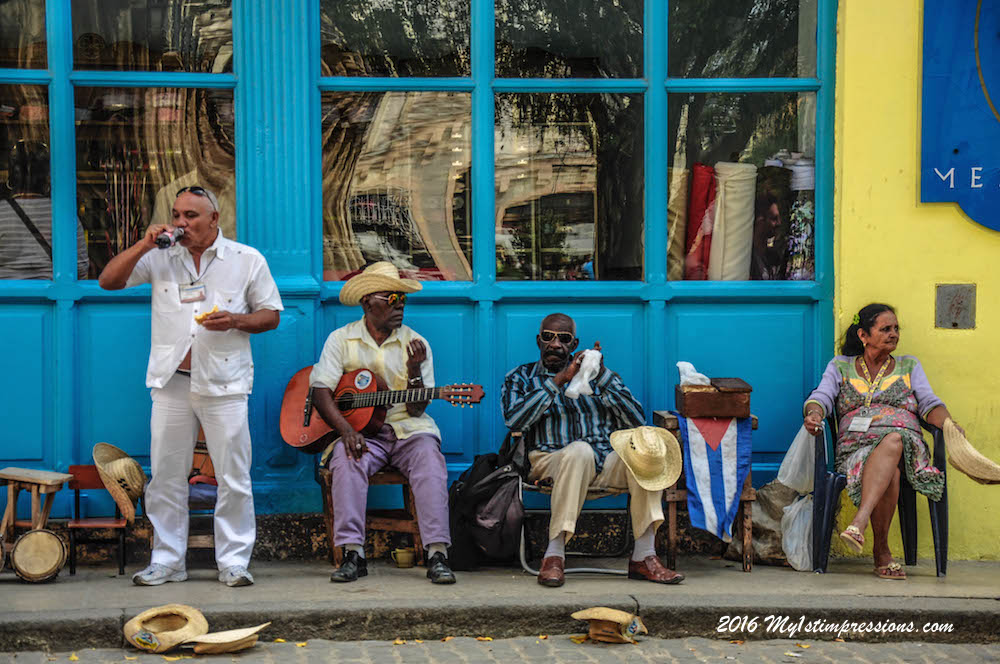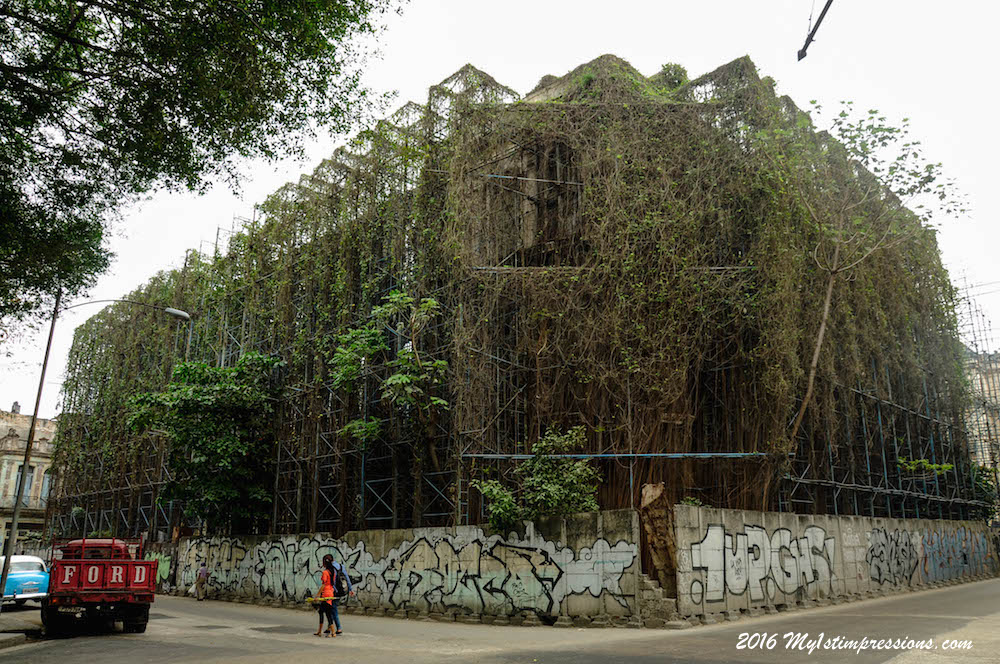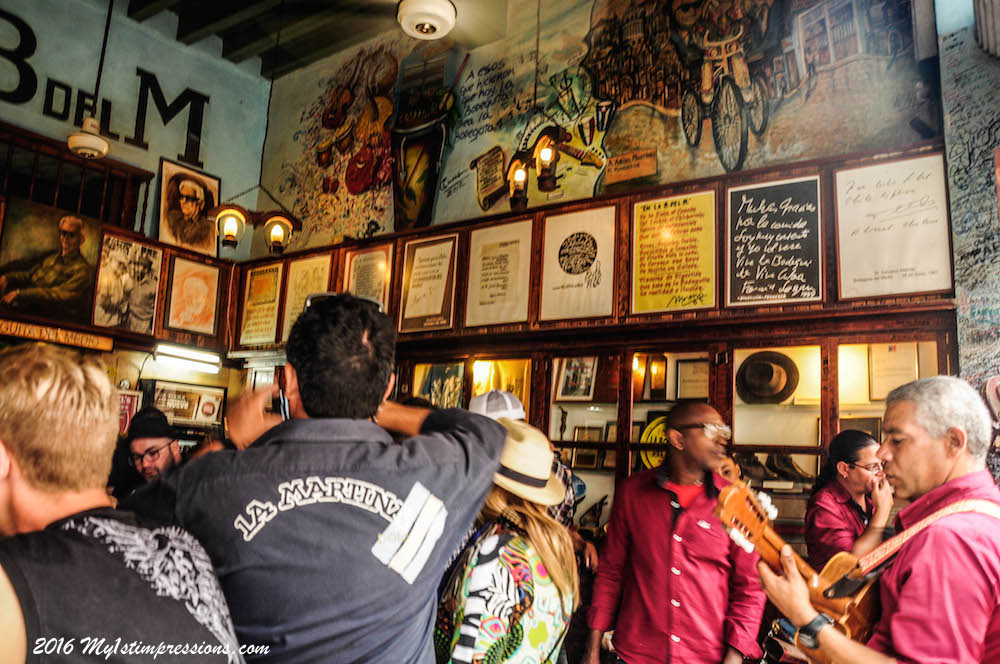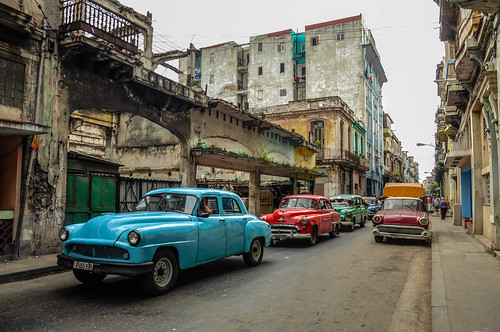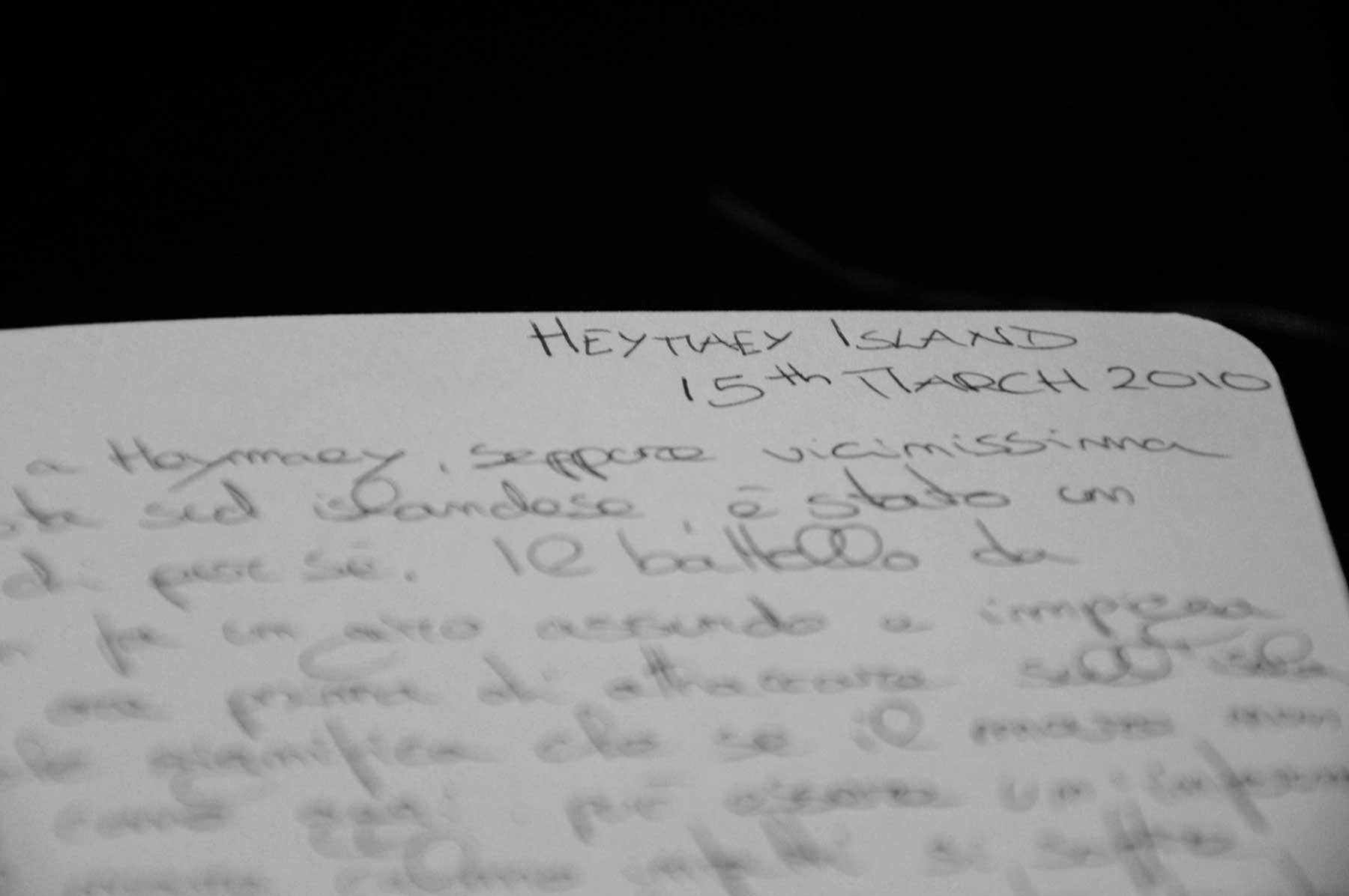-
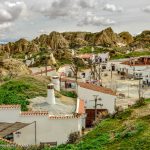 Guadix, a Spanish Hobbiton
An hour away from Granada, hidden between prehistoric karst mountains,( read more...)
Guadix, a Spanish Hobbiton
An hour away from Granada, hidden between prehistoric karst mountains,( read more...) -
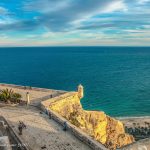 Alicante, Spain with a Nordic vibe
Alicante represents the door to the Southern vibes of Spain.( read more...)
Alicante, Spain with a Nordic vibe
Alicante represents the door to the Southern vibes of Spain.( read more...) -
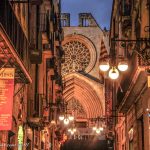 Tarragona, pure magic!
Arriving in Tarragona on the very first night of its( read more...)
Tarragona, pure magic!
Arriving in Tarragona on the very first night of its( read more...) -
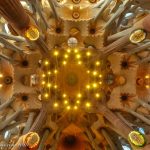 In the sacred woods of La Sagrada Familia
It is truly impossible to describe the feeling I had( read more...)
In the sacred woods of La Sagrada Familia
It is truly impossible to describe the feeling I had( read more...) -
 Venice, just a perfect day
Take a sunny day after the Christmas holidays when tourists( read more...)
Venice, just a perfect day
Take a sunny day after the Christmas holidays when tourists( read more...) -
 Northern Lights:The dance of the Green Spirits
For many years one of the most funny stories about( read more...)
Northern Lights:The dance of the Green Spirits
For many years one of the most funny stories about( read more...)
You need many hours to understand L’Habana and get used to it. The city is not chaotic, ma it has its own rules that look like non sense to the traveler who doesn’t know anything about it. First of all f them, the weird money issue, the CUC, also called Convertible pesos, that has the same values of one US Dollars, and the CUP, the Cuban pesos, the money of the Cubans, that is worth 1 quarter of it. The parallel life and use of both of them in the same country makes everything more complicated and often ridiculous. On your approach with Cuba and its life, when you see or hear the price of something, you never really know what money they are talking about. Often anything that is related to the Cuban peso, such as street food, is very cheap, but when we start talking about CUC, with prices like Europe in a place as poor as Cuba, it all becomes a huge contradiction. You will find yourself being asked for 10 dollars for a simple meal and keep wondering how the Cubans live in such a mess.
Well, maybe all Cuba is actually a big contradiction and people seem to have got just used to it and not trying neither to think about it nor to change it. The Revolution world they are all so proud about and that you see on every manifesto and street art in the street, seems itself a contradiction in a country where everything looks like being stacked in the past without any energy to look at the future and change its own destiny.
I have done the same as the Cubans on the first day in L’Habana, when I have been waiting for my turn in a Cuban queue outside the bank to change money. I have been standing there and wait, for hours. I never had a more painful welcome than that one, standing in the neverending queue in the sun, without having eaten, just waiting for a turn that looked like it would have never arrived. And such a welcome has never been more introductive to Cuba and its people. They introduced me to the concept of queue that in Cuba is almost a religion. “Cuba is the country of the queue”, the women standing before me told me at a certain point., and actually it is true, in Cuba there is a queue in every corner of the street, people do a queue for everything, even to buy a bottle of water. They patiently wait, sometimes they go away to do something else and they ask the person before or after to keep them the spot until the come back, and in the meanwhile the ones standing there meet each other and talk.
Yes, Cuban people still talk to each others a lot, even of they don’t know you. This is because they don’t have internet. They are not busy with their phone all the time as we do. It is really like going back to many years ago. People talk, everywhere. And they listen to music. Wherever you go it is all about some voice noises or radio noises.This makes the town, the entire country alive, like a living carillon playing some sort of melody everywhere and everytime. Even in the few spots of L’Habana where there is wifi and people can check their internet, the thing is still made socially, together, like a ritual, where you go there, sit down, stay quiet but do it with others.
The country of the queue is also the country of pollution, as the famous Cuban cars, symbol of L’Habana, leave in the air such a considerable amount of polluting gases everytime they pass by that you feel almost intoxicated at the end of the day.
Despite this and that, Cuba is also the country of the amazing people and L’Habana is the capital of them all. People are very friendly and gentle and even at night the town is pretty safe and quiet and very rarey you see police around. With those you deal with, they all treat you like if they know you since all their life and with those you meet on the street, it often happen they stop you in the street to ask you where you are from and to welcome you in their country.
L’Habana reminded me of Napoli so much, for its decadent architecture, the narrow streets, the kids playing in the squares, the old women sited outside their houses, the ladies standing on their balconies watching life going by, that life street that is so typical of the place I belong and i come from, for that non sense that in some places like L’Habana or Napoli makes sense just for this.. It is for this reason that I felt good in Cuba and especially in L’Haban, in this country dreamt for 20 years and that I finally managed to reach and make it become true.
Ci vogliono molte ore per capire L’Habana ed abituarcisi. La città di per sè non è caotica ma ha delle regole che all’ignoto viaggiatore a volte sembrano senza senso. Prima fra tutte questa storia dei soldi, la moneta nazionale e il peso convertibile, che non ha davvero senso e rende tutto davvero complicato e spesso ridicolo, sia per noi che per loro. A primo acchitto, quando si inizia a parlare di soli a Cuba, non si sa mai di quanto si tratti. Spesso il peso nazionale è davvero di poco valore ma quando si parla di peso convertibile, in un posto povero come questo, con prezzi da primo mondo, il tutto diventa una contraddizione.
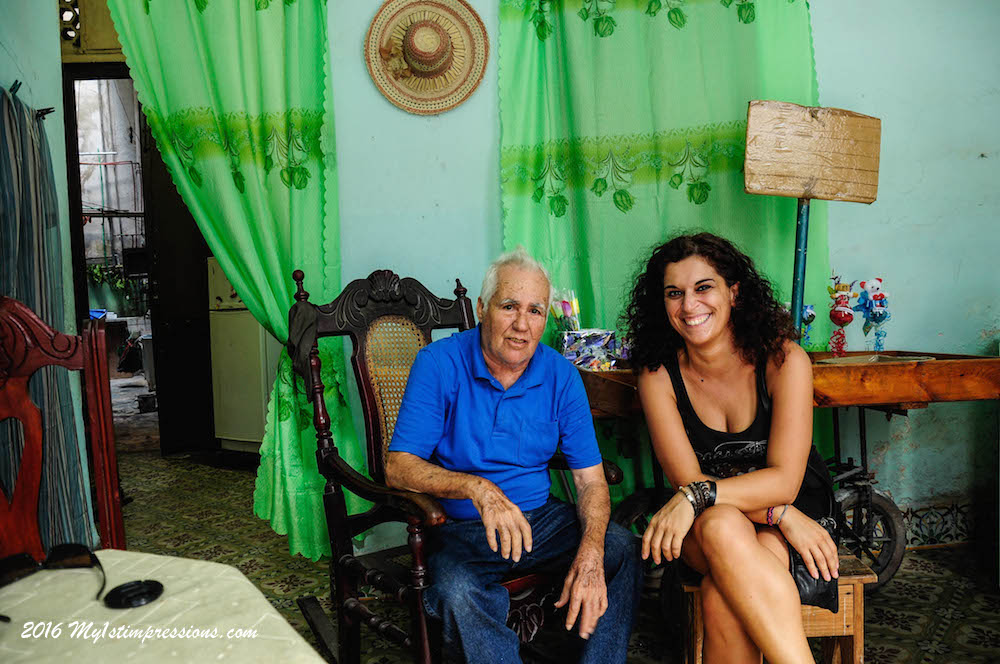
People of Cuba are the best to make you feel at home. This is Daniel, I stopped for a while to talk to him in his wife’s food shop, about the Revolution and about Fidel. He was very proud to let me know he personally knew Fidel And Che Guevara, regular clients at his old paper shop in old Havana
Beh, forse qua tutto è una una contraddizione, a cui la gente si abitua senza pensarci su, per poter sopravvivere. Ho fatto questo anche io il primo giorno, quando mi sono sorbita tre ore di fila alla banca per poter cambiare i soldi. Mai benvenuto è stato più faticoso, ma anche più introduttivo di quello sperimentato il primo pomeriggio a L’Habana e di quella gente che mi ha introdotto al concetto di fila, qui imperante. “Il Paese della fila”, diceva la signora davanti a me, e in effetti in città si vedono file ovunque, anche per comprare una bottiglia di acqua.
Ed è anche il paese dell’inquinamento, io aggiungerei, visto che le famose auto cubane ad ogni passaggio ti inondano i polmoni di gas di scarico super inquinanti.
Ma Cuba è anche il paese della bella gente, che sembra molto pacifica e amichevole. Anche di notte, per le strade dell’Habana, non si vedono risse e la città sembra abbastanza tranquilla, mentre di giorno tutti sembrano socievoli ed interessati a scoprirti e a trattarti da amico, come se ci conoscessimo da anni.
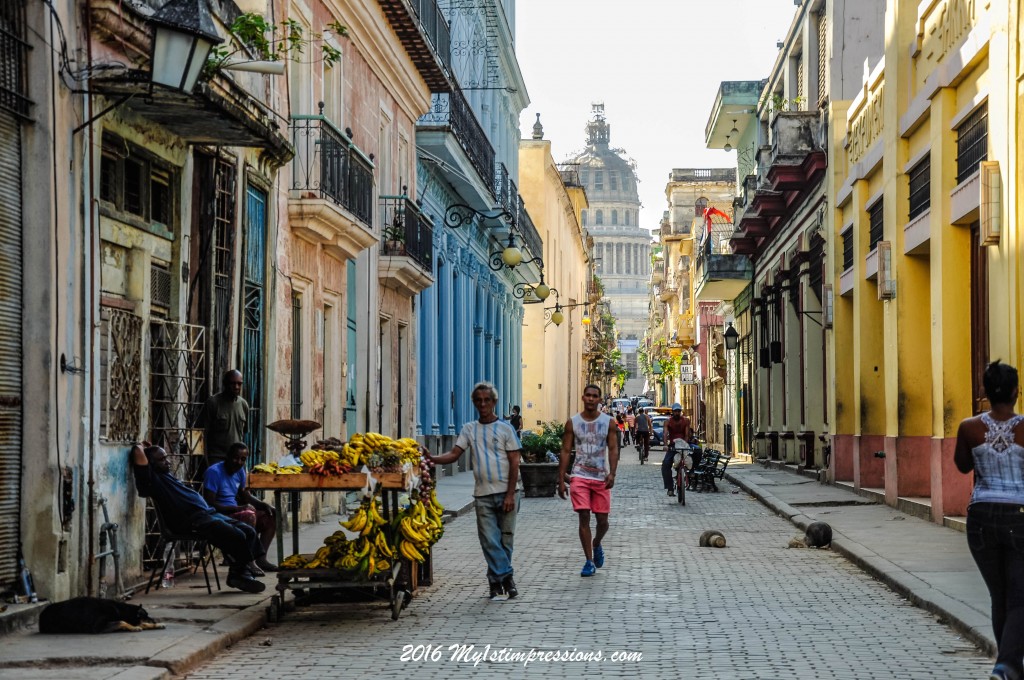
La havana vjeja still keeps the charm of the old time splendour this town must have been few centuries ago
E poi L’Habana sembra Napoli, con la sua architettura decadente, i vicoli stretti, i bambini che giocano rumorosi nelle piazze e per le vie strette del centro, con le signore sedute davanti casa e le donne sui balconi che guardano la vita scorrere lenta, con la vita di strada, difficile ma sana.
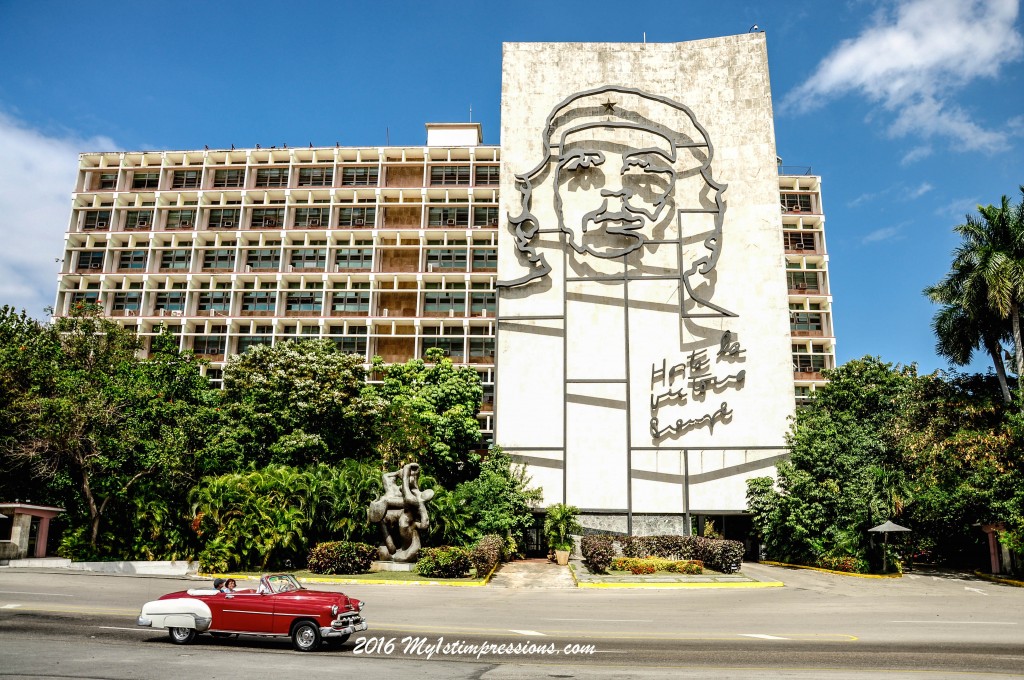
Che Guevara is not only an icon in Cuba. He is the face and soul of the revolutionary proud of this nation
E’ per questo che mi ci sento bene in questa Cuba che già amo, sognata da 20 anni e finalmente raggiunta.
